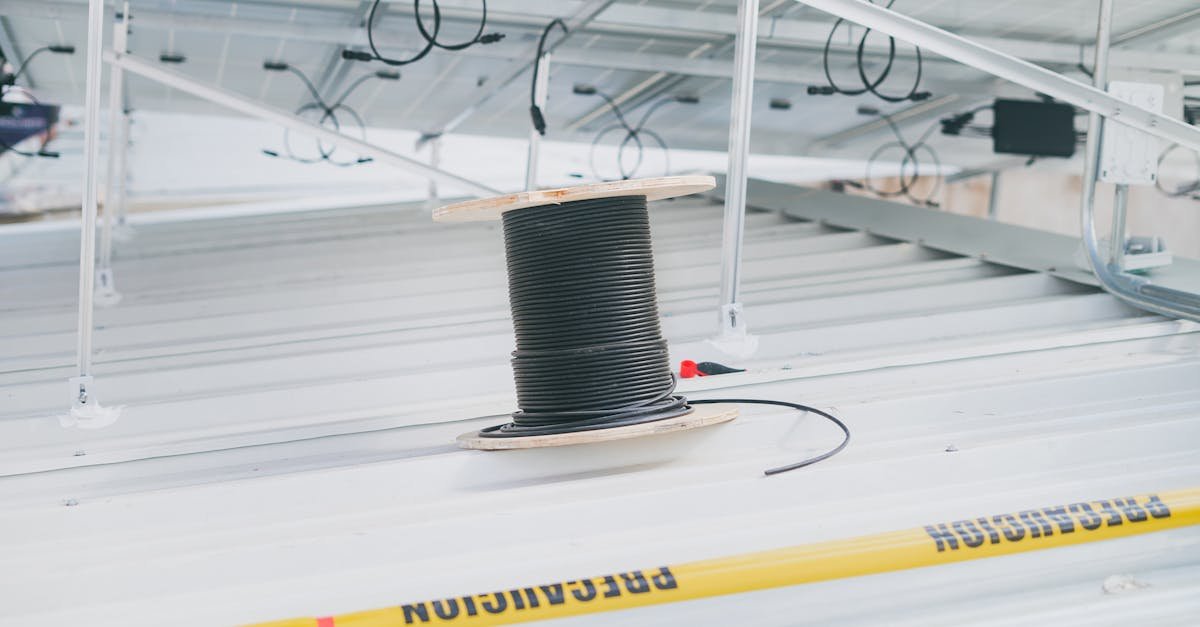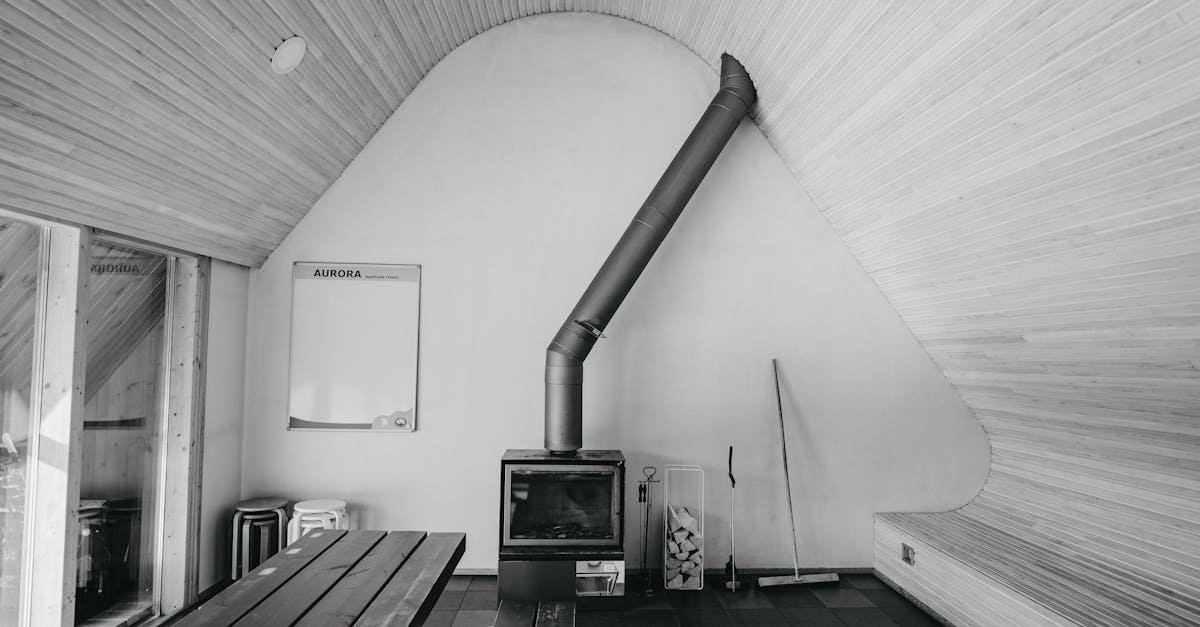Energy-efficient baseboard heaters are an excellent choice for keeping your home warm while saving on energy costs. These heaters operate by using convection to circulate warm air, ensuring even heat distribution without the high energy bills associated with traditional heating methods.
By selecting the right model and maintaining it properly, you can enjoy a cozy environment without compromising on efficiency. Whether you’re upgrading your current heating system or installing new heaters, energy-efficient baseboard options can significantly enhance your comfort and reduce your carbon footprint.
Overview Of Energy Efficient Baseboard Heaters
Energy-efficient baseboard heaters provide effective heating while minimizing energy consumption. Understanding their types helps you choose the right option for your needs.
Types of Baseboard Heaters
There are two primary types of energy-efficient baseboard heaters.
Electric Baseboard Heaters
Electric baseboard heaters are common in U.S. homes. They use electric coils to generate heat, converting 100% of the electricity into warmth. But, compared to other systems, they might not be the most efficient option. The Cadet F Series Electric Baseboard Heater exemplifies this type. It features a simple design and operates quietly. This model includes a high-temperature safety shutoff but requires a separate thermostat. You might notice its lower maximum heat output compared to other heaters.
Hydronic Baseboard Heaters
Hydronic baseboard heaters work differently. They use heated liquid, typically water, to warm your space. A central boiler heats the fluid, which then circulates through copper coils within the baseboard unit. This method efficiently distributes heat, often creating a more comfortable environment.
Each type has unique advantages. Understanding these options allows you to make informed decisions, optimize energy efficiency, and ensure comfort in your home.
Benefits Of Energy Efficient Baseboard Heaters
Energy-efficient baseboard heaters offer numerous advantages for your home. These benefits include cost savings and positive environmental impacts.
Cost Savings
Cost-effective heating starts with energy-efficient baseboard heaters. These electric units convert nearly 100% of electricity into heat. Unlike other systems, they don’t lose heat through ducts. For example, programmable thermostats increase efficiency. Regular cleaning of the heaters also maximizes their effectiveness. Ensure good insulation in your home. These steps lower energy bills over time. While initial costs are lower, long-term savings come from reduced energy use.
Environmental Impact
Using energy-efficient baseboard heaters positively affects the environment. They don’t produce emissions like gas or oil systems. Because they use electricity, their overall carbon footprint can be lower. This is especially true when your energy comes from renewable sources. Lower energy consumption translates to reduced demand on power plants. Choosing efficient heating options contributes to a healthier planet.
Types Of Energy Efficient Baseboard Heaters
Energy-efficient baseboard heaters come in various types, primarily electric and hydronic. Each type has its own features and benefits, making them suitable for different needs.
Electric Baseboard Heaters
Electric baseboard heaters are common in many homes. They use electric coils to generate heat, converting 100% of electricity into warmth. This efficiency outperforms natural gas systems, which lose about 20% of the energy used.
- Installation: Installing electric baseboard heaters is affordable. The average cost is around $800 per room.
- Ductless Design: These heaters don’t require ducts, furnaces, or blowers. This simplicity makes installation easier and less expensive.
- Thermostat Control: You can control heating through a thermostat, which you might need to buy separately. For example, the Cadet F Series 48-inch Electric Baseboard Heater is a popular choice.
- Quiet Operation: These heaters operate quietly since they don’t use fans. This makes them ideal for bedrooms or living areas.
While they provide efficient heating, electric baseboard heaters may not be as energy-efficient as other systems like hydronic or forced air heaters.
Hydronic Baseboard Heaters
Hydronic baseboard heaters use heated water to distribute warmth. They offer efficient heat circulation, making them effective for larger spaces.
- Heat Distribution: Heated water flows through pipes, warming the baseboard. This process delivers consistent heat throughout the room.
- Energy Efficiency: Hydronic systems can be highly efficient, especially with modern boiler technology. They often achieve higher energy savings compared to electric heaters and gas furnaces.
- Comfort: These heaters maintain a steady temperature. The warm surfaces promote comfort without feeling stuffy or too dry.
- Integration: Hydronic units can integrate with solar or other renewable energy sources. You can maximize efficiency and lower costs by using sustainable energy.
Choosing between electric and hydronic baseboard heaters depends on your specific heating needs and preferences. Each option offers distinct advantages for efficiency and comfort in your home.
Installation Considerations
Installation plays a key role in the effectiveness of your energy-efficient baseboard heaters. Proper placement ensures optimal warmth and comfort in your space.
Placement and Design
Placement matters when it comes to baseboard heaters. You want to install them along exterior walls, where cold air enters. This helps to offset drafts and improve heating efficiency. Consider the layout of your rooms when positioning heaters. Install them beneath windows to combat heat loss and prevent cold spots.
Design also influences how well the heaters perform. Choose models with low profiles for enhanced aesthetics and less obstruction. Ensure there’s ample airflow around the units. Avoid placing furniture or curtains too close, as this can block heat circulation and reduce efficiency.
Professional vs. DIY Installation
You can opt for professional installation or handle it yourself. Professional installers ensure safety and compliance with building codes. They manage the technical aspects, making the process seamless. If you choose this route, research local heating experts for recommendations.
DIY installation can save you money. Many electric baseboard heaters come with user-friendly manuals. You can install them with basic tools. But, ensure you’re comfortable with electrical work. If uncertain, it’s best to hire a professional. Your safety and the efficiency of the system are paramount.
Maintenance Tips For Longevity
Energy-efficient baseboard heaters require regular maintenance for optimal performance and longer life. Follow these tips to ensure your heaters operate effectively.
Electric Baseboard Heaters
- Clean Regularly: Dust and debris can stack up on electric baseboard heaters. Clean them frequently with a soft brush or vacuum. This prevents fire hazards and improves efficiency.
- Check the Thermostat: Ensure the thermostat functions correctly. Adjust it as needed for consistent temperature control. A malfunctioning thermostat can lead to wasted energy.
- Inspect Heating Elements: Look for signs of wear or damage on heating elements. Replace any faulty components immediately. This action prevents further issues and maintains heating efficiency.
- Inspect Fluid Levels: Regularly check the fluid levels in your hydronic system. Low fluid levels can reduce the system’s ability to generate heat. Top off the fluid as necessary to maintain performance.
- Look for Leaks: Inspect for leaks in the piping or connections. Any leaks can cause the system to lose efficiency. Address leaks promptly to prevent further damage.
- Bleed the Radiators: Air trapped in the system can hinder heat distribution. Bleed the radiators periodically to ensure efficient heating. This process releases trapped air, allowing water to circulate freely.
Consistent attention to these maintenance tasks enhances the lifespan of your energy-efficient baseboard heaters and keeps your home warm and comfortable.
Conclusion
Energy-efficient baseboard heaters offer a smart solution for your home heating needs. By choosing the right model and maintaining it properly, you can enjoy a comfortable living space while keeping energy costs low. Whether you opt for electric or hydronic systems, each has unique benefits that can enhance your home’s warmth and efficiency.
With thoughtful installation and regular upkeep, these heaters can significantly reduce your carbon footprint. Embracing energy-efficient heating not only contributes to a greener planet but also leads to substantial savings over time. Make the switch today and experience the difference in comfort and efficiency.








